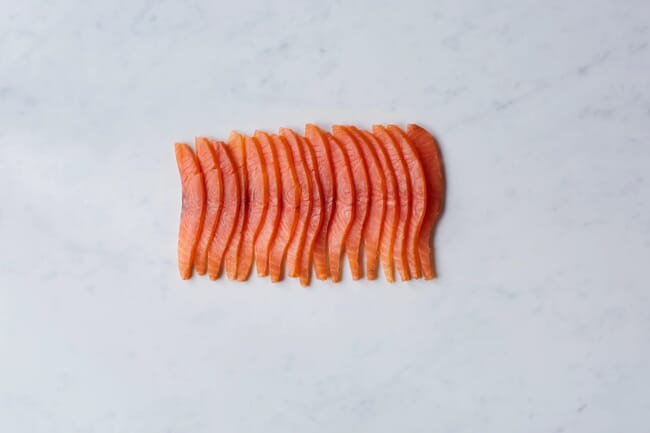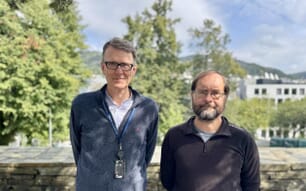
The farms, proposed by Smart Salmon in Plouisy, Pure Salmon in Verdon-sur-Mer, and Local Ocean in Boulogne-sur-Mer, aim to raise Atlantic salmon in land-based RAS facilities, but have sparked concerns over potential animal welfare issues and environmental impacts, meeting with opposition from local citizens' groups and the animal welfare organisation Welfarm, which launched a campaign in April to halt the development of what it describes as "hyper-intensive" farming operations.
Welfarm, which is marking its 30th anniversary this year, has expressed serious concerns about the welfare of fish raised in RAS environments. The organisation cites issues such as high stocking densities, which can lead to overcrowding and stress among fish, and the potential for mass mortality events due to system failures. These concerns were highlighted by a 2021 incident at an RAS farm in Florida, where 500,000 salmon died following a filtration system malfunction.
Additionally, Welfarm points to the challenges of maintaining water quality in RAS facilities, which can impact fish health and welfare. The group argues that the technical difficulties associated with managing such systems can lead to an increased risk of disease and other health complications for the salmon.
Beyond the immediate welfare concerns, Welfarm and the ocean protection NGO Seastemik also raise broader environmental and ethical issues related to the feeding of farmed salmon. As carnivorous fish, salmon require significant quantities of fish meal and fish oil (FMFO), which are derived from wild-caught fish. This reliance on reduction fisheries has been criticised for its impact on marine ecosystems and its contribution to overfishing.
In response to these concerns, Welfarm and Seastemik are calling for a moratorium on the development of new RAS farms for fish, crustaceans, and cephalopods intended for human consumption. They argue that such a ban would promote better animal welfare standards and help align French aquaculture with sustainable development and climate goals.
To support their campaign, the organisations have published a detailed report and launched a petition, which has garnered over 58,000 signatures to date. They continue to advocate for legislative action to prevent the establishment of these RAS farms in France.




